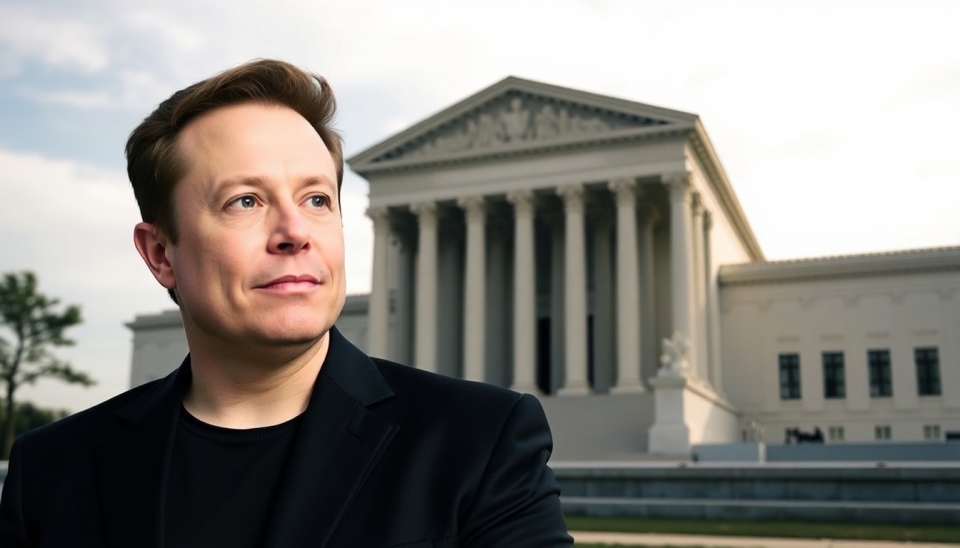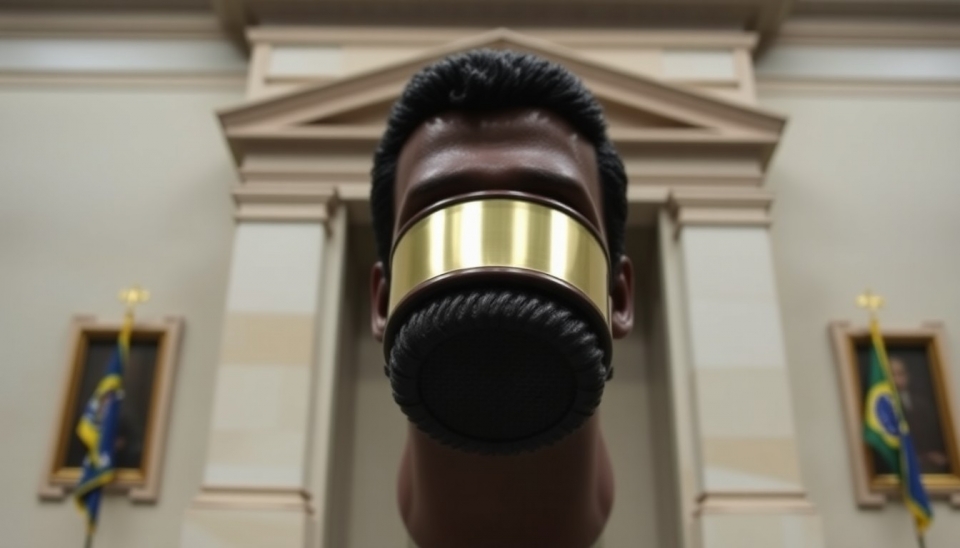
The future of a disputed Texas facility for storing nuclear waste now rests in the decision of the U.S. Supreme Court, which plans to review a landmark case expected to set a precedent on future radioactive waste handling practices across the nation. A decision that will likely have wide repercussions both for environmental safety and state rights, the case has taken center stage nationwide.
The center of this controversy is a nuclear waste facility sited in Andrews County, Texas, designed and operated by Interim Storage Partners LLC. This location was supposed to store used nuclear fuel-a product produced through nuclear reactors which remains radioactive and toxic for several thousand years. It also has brought sharp opposition, spearheaded mostly by the state leadership of Texas and groups opposed to the proposal on the grounds that it may pose serious risks both to local communities and the environment.
Texas sued the federal government earlier this year over decisions of the U.S. Nuclear Regulatory Commission that granted licenses to operate the facility. Texas officials, including Governor Greg Abbott, have loudly opposed the project on grounds it could turn the state into a permanent dumping ground for the nation's radioactive wastes. They say licensing decisions by federal regulators usurp the state's sovereignty and pose serious safety hazards.
The intervention by the Supreme Court comes after a spate of legal tussles at the lower courts produced mixed results, reflecting the complexity and contentiousness of the issue. The review to be carried out now has its background in the long-running national debates over how best to handle nuclear waste, given its potential dangers. Proponents say the facility represents a stopgap to a pressing need, providing some safety while longer-term options, like the much-heralded but politically contentious Yucca Mountain site in Nevada, remain mired.
These assurances are, however, defied by the environmentalists and some locals who are concerned that the proposed safety measures would not be effective, with leakage or transport disasters occurring, which would be catastrophic. This is a controversial case which points to the broader issues of environmental justice where communities around such hazardous sites are disproportionately affected.
Supporters say the Andrews County project-also any interim storage-provides a bridge that does not exist when it comes to political consensus on permanent storage. This has further complicated the argument with pressure from aging nuclear power plants whose storage capacity on site is depleted for spent fuel.
This will most probably be a decision by the Supreme Court that will send wide reverberations across the U.S. and will shape future policy decisions about nuclear energy and waste. As the country struggles to meet a growing demand for clean energy and wrestles with its legacy of nuclear waste, this case makes a point of just how profound the challenges are going to be.
The case thus reflects a basic conflict of state's right to environmental policy and a national strategy of energy that is going to decide the future in the field of nuclear waste management. While the whole nation awaits to get its verdict from the courts, all eyes have geared towards the Supreme Court for this high-stakes confrontation.
#SupremeCourt #NuclearWaste #Texas #EnvironmentalSafety #StateRights #RadioactiveWaste #NuclearEnergy #AndrewsCounty #EnvironmentalJustice #EnergyPolicy
Author: Liam Carter




